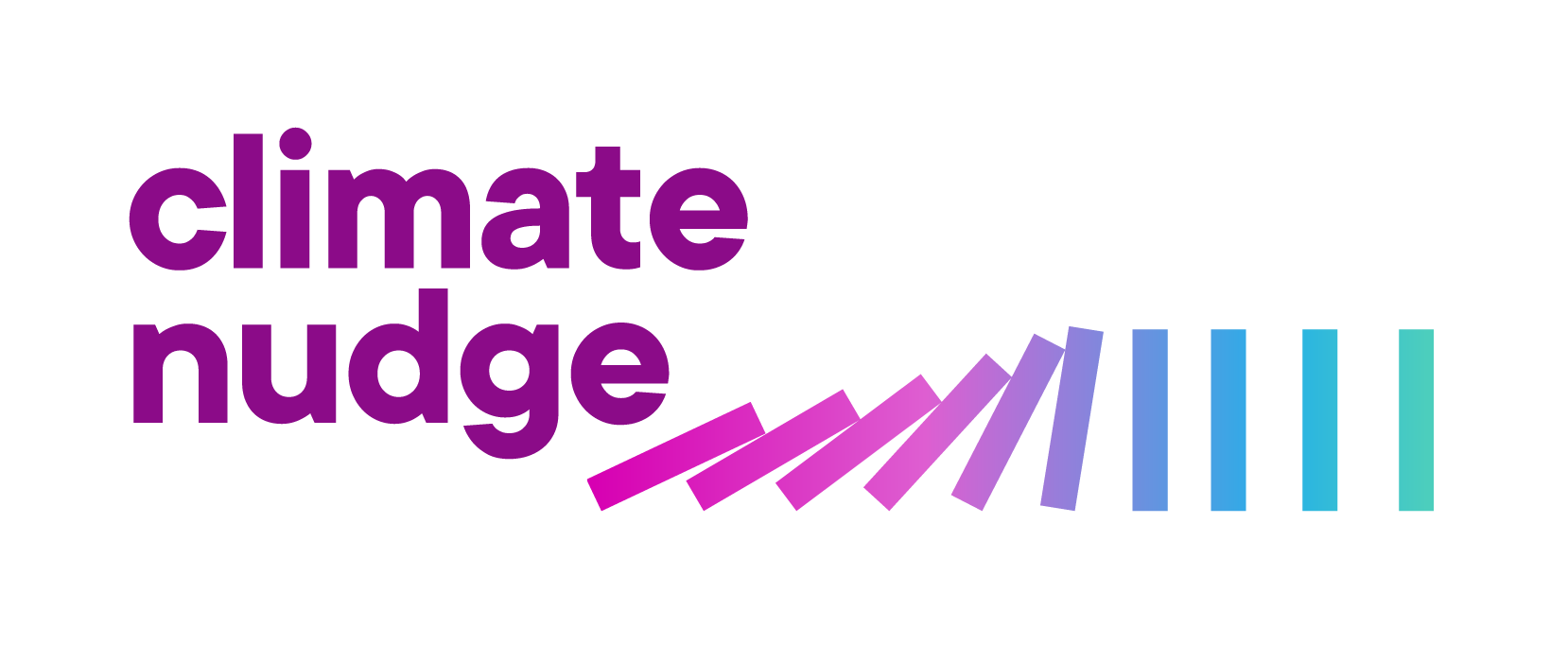
NEWS
In their recent scientific paper, CLIMATE NUDGE researchers Helena Siipi and Polaris Koi discuss the ethics and ethical assessment of climate nudges. They point out that there are disanalogies between climate nudges and nudges in other contexts. For example, climate nudges are not self-regarding in the sense that they would primarily benefit the nudgee.
In the paper, the authors spell out six morally relevant features of climate nudges – that is, features that need to be taken into account in designing them. These include
- the justification of nudges that are not self-regarding
- accounting for climate change denialists
- transparency
- knowing the right or best behaviours
- justice concerns
- and whether nudges are sufficiently efficient and reliable to be justified as a form of climate policy
Ethical factors need to be weighed against each other
Helena Siipi and Polaris Koi argue that the ethical assessment of climate nudges needs to take into account all of these factors, as well as factors that concern all nudges, like questions regarding freedom. However, ethical considerations in practice often are in friction with each other. For instance, improving the transparency of a climate nudge may decrease its effectiveness. Likewise, duly accounting for climate denialists may sometimes stand in friction with global justice considerations.
“As a result, the ethical assessment of nudges involves weighing the ethically relevant factors against each other”, they write.
The authors underline that their aim is not to argue that climate nudges are morally more problematic than other nudges.
“On the contrary, we believe that climate nudges may provide an effective and interesting tool for enhancing climate-friendly behaviour. However, acknowledging the ethical questions that climate nudges raise should be included in their design”, they write.
Read the full article here:
